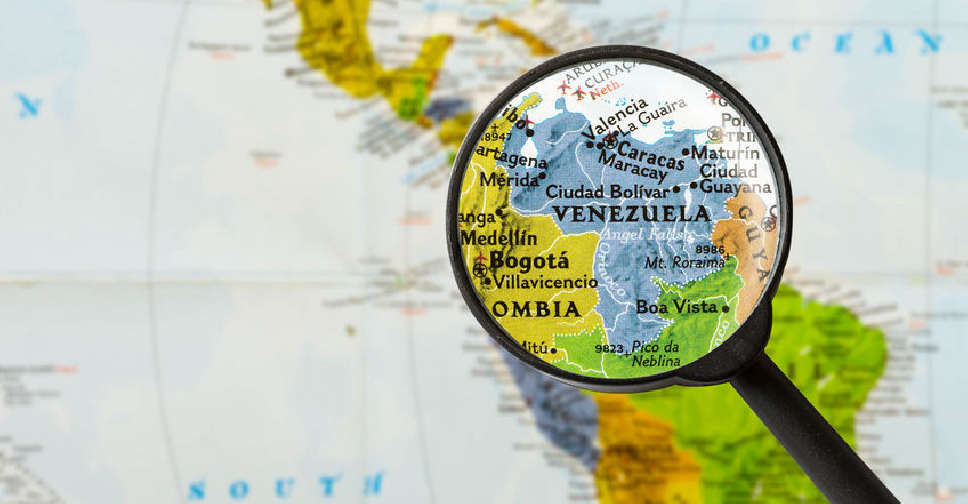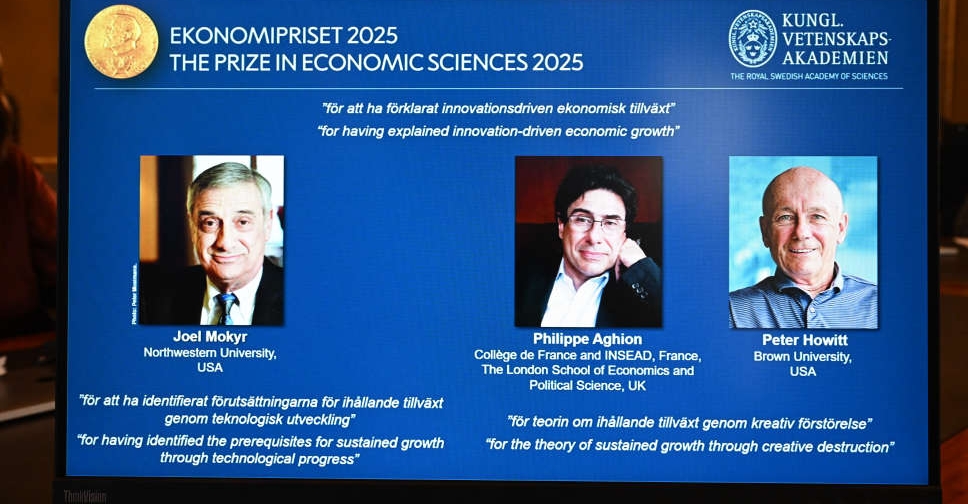
Joel Mokyr, Philippe Aghion and Peter Howitt won the 2025 Nobel economics prize for their work on how innovation and the forces of "creative destruction" can drive economic growth, the Royal Swedish Academy of Sciences said on Monday.
The prestigious award, formally known as the Sveriges Riksbank Prize in Economic Sciences in Memory of Alfred Nobel, is the final prize to be given out this year and is worth 11 million Swedish crowns ($1.2 million).
The prize winners' work explains how technology gives rise to new products and production methods which replace old ones, resulting in a better standard of living, health and quality of life for people around the globe, the Academy said.
"Over the last two centuries, for the first time in history, the world has seen sustained economic growth. This has lifted vast numbers of people out of poverty and laid the foundation of our prosperity," the prize-awarding body said in a statement.
ECONOMIC GROWTH IS NOT GUARANTEED
The laureates have also shown that such progress cannot be taken for granted.
"Economic stagnation, not growth, has been the norm for most of human history. Their work shows that we must be aware of, and counteract, threats to continued growth," the Academy said.
Mokyr is a professor at Northwestern University, in Evanston in the United States, while Aghion is professor at the College de France and INSEAD, in Paris, and at the London School of Economics and Political Science, in Britain. Howitt is a professor at Brown University, in Providence in the United States.
Mokyr was awarded half the prize with the other half being shared between Aghion and Howitt. "Joel Mokyr used historical observations to identify the factors necessary for sustained growth based on technological innovations," John Hassler, member of the Nobel Committee, said.
"Philippe Aghion and Peter Howitt produced a mathematical model of creative destruction, an endless process in which new and better products replace the old."
WINNER SAYS EUROPE SHOULD LEARN FROM US AND CHINA
Speaking by phone at the press conference, Aghion said he was "still speechless".
"I did not expect it at all so I can't find the words to express what I feel," he said.
In pursuit of economic growth, Aghion called on Europe to learn from the US and China, which he said have "found ways to reconcile competition and industrial policy".
"In Europe, in the name of competition policy, we became very anti any form of industrial policy. I think we need to evolve on that and find ways to reconcile industrial policy in areas like defense, climate, AI, biotech, where we are very good, we have very good research there," Aghion said.
PREVIOUS WINNERS INCLUDE KRUGMAN AND FRIEDMAN
The awards for medicine, physics, chemistry, peace and literature were announced last week.
Those prizes were established in the will of Swedish dynamite inventor and businessman Alfred Nobel and have been handed out since 1901, with a few interruptions mostly due to the world wars.
The economics prize was established much later, being given out first in 1969 when it was won by Norway's Ragnar Frisch and Jan Tinbergen from the Netherlands for work in dynamic economic modelling. Tinbergen's brother Nikolaas also won a prize, taking home Medicine in 1973.
While few economists are household names, relatively well-known winners include former U.S. Federal Reserve chairman Ben Bernanke, and Paul Krugman and Milton Friedman.
Last year's economics award went to US-based academics Simon Johnson, James Robinson and Daron Acemoglu for research that explored the relationship between colonisation and the establishment of public institutions to explain why some countries have been mired in poverty for decades.



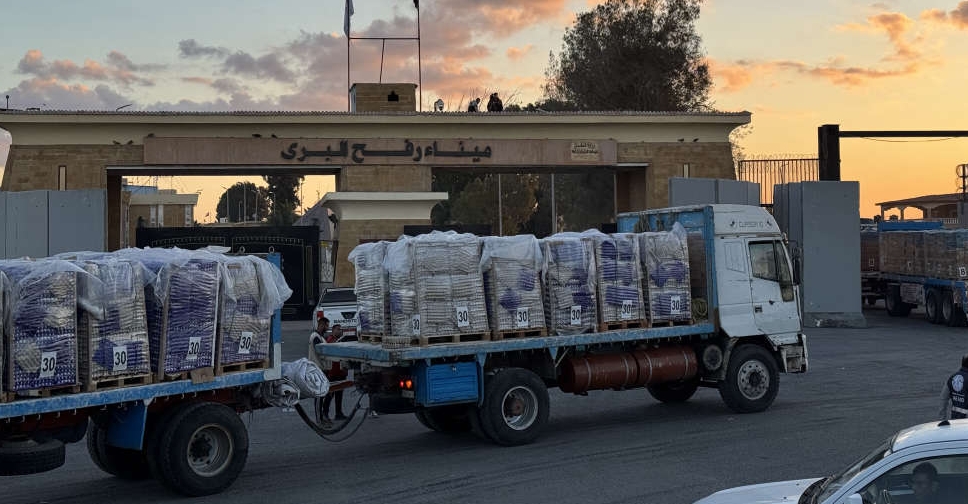 Aid trucks roll into Gaza as Israel prepares to open Rafah crossing
Aid trucks roll into Gaza as Israel prepares to open Rafah crossing
 Pakistan, Afghanistan agree to temporary truce
Pakistan, Afghanistan agree to temporary truce
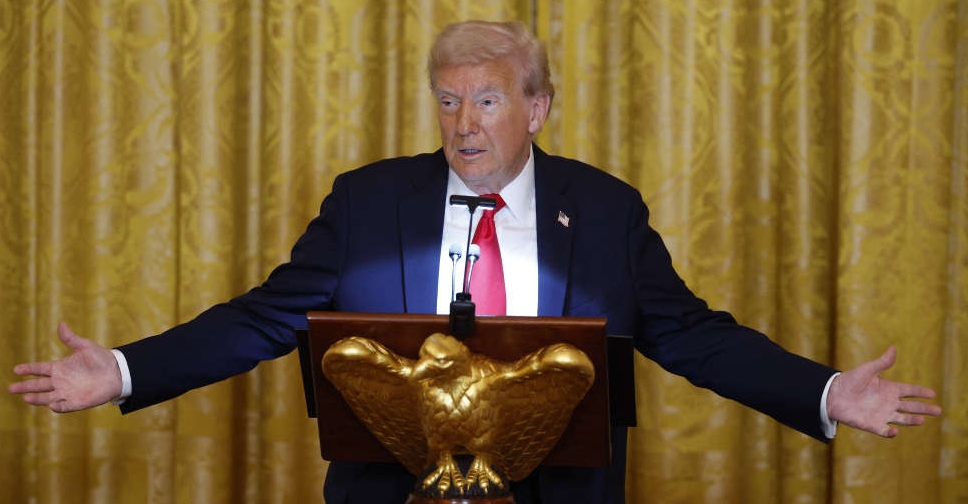 Trump signs order to pay troops during US government shutdown
Trump signs order to pay troops during US government shutdown
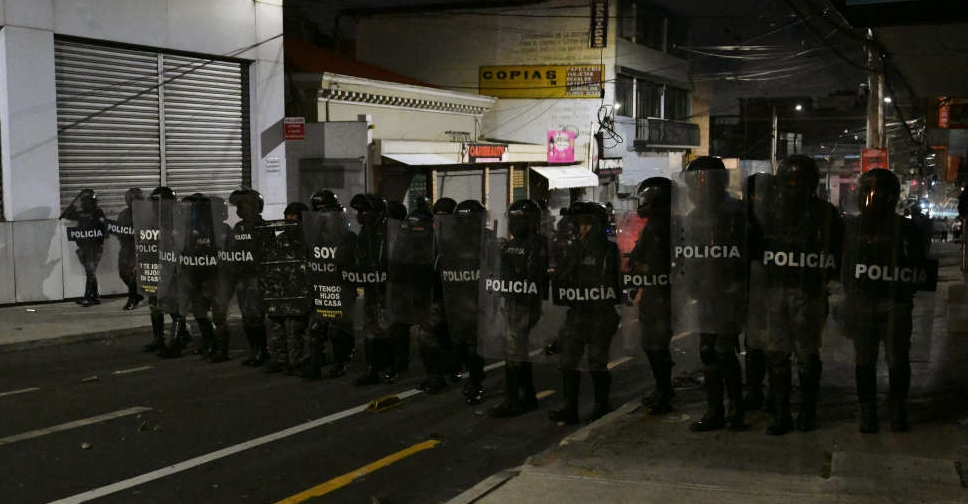 Explosions hit Ecuador bridges days after illegal mining crackdown
Explosions hit Ecuador bridges days after illegal mining crackdown
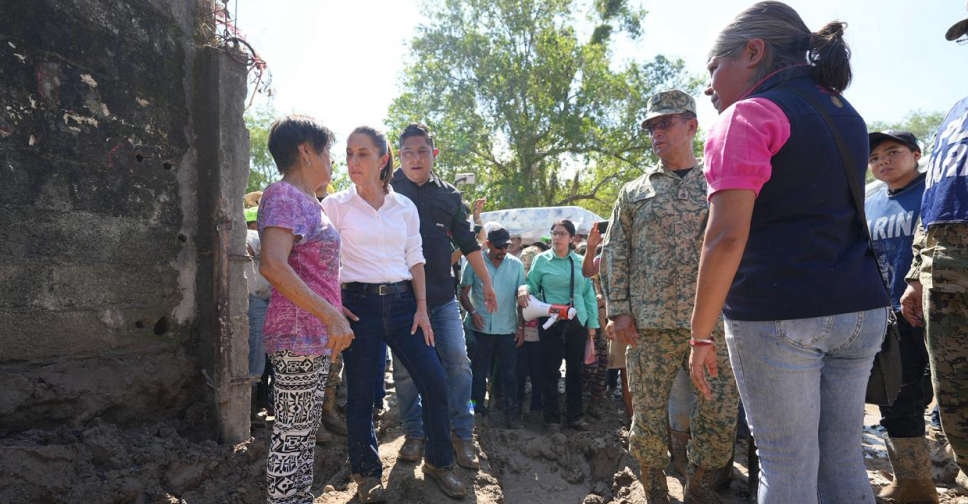 75 still missing days after Mexico's mass flood
75 still missing days after Mexico's mass flood


